Written by Dr. Wayne Brouwer
June 6, 2024It was the first time Caitlin hosted the holiday dinner for her family. 27 people would be at the tables, 19 at the main, and 8 at the “Kid’s Table.” Two babies would be held or sleeping in carrying baskets.
Caitlin called her Mom to make certain that everything was properly planned. “How do I cook the ham,” she asked. It was a big one.
“Make sure that it is completely thawed,” her Mom said. “Then cut about 2 inches off each end, put it in the roasting pan, cover it with foil, and cook it at 275 degrees 3 ½ hours.”
“Sounds good, Mom! You always made the best holiday hams,” said Caitlin. “But why cut off the end of the ham? How does that make a difference?”
“I really don’t know,” replied her mother. “That’s the way your Grandma taught me, and I’ve just done it that way every time I hosted the meal.”
The dinner was a success, and Caitlin was praised. But afterward, she asked Grandma about the ham preparation. “Why cut off 2 inches on each end of the ham, Grandma?”
Grandma laughed. “You still do that?” she snorted. “When your Grandpa and I were first married, we were very poor, and I had only three pots and one roasting pan in my kitchen. When the family gathered for holiday meals, we needed a big ham, but it wouldn’t fit into my pan, so I cut the small ends off it! Your mother helped me with the meals for many years, and she must have assumed that’s how a ham is cooked!”
Assumptions!
Assumptions are part of our learning processes. We fill in the blanks with reasonable speculations. Yet often our assumptions are built on insufficient or incorrect information. And repetitions of customs or behaviors over time may lead to myths which prove false.
In training people for ministry leadership, this is often the case.
For example:
1. “Training for Ministry leaders happens only or best in seminaries.”
The reality is that Jesus trained his disciples through on the job participation. Seminaries are a very recent addition to church leadership training, and are based on other educational models. They are a good option for church leaders seeking training, but they are certainly not necessary.
2. “Training for Ministry leaders is primarily about learning theology.”
Already in the New Testament letters of Paul and Peter and John and Jude we find warnings against “false teachers” who pander heresies and twisted theology. These divide and destroy the church. So “orthodoxy”, or “right theology”, is an important competency for ministry leaders. Yet most of our Christian theology is quite basic and essential to daily Christianity (i.e., the Apostles Creed). Reading Paul’s instructions to young Timothy and Titus reminds us that a primary role of pastoral leaders is “presence”, simply being with and guiding people through the changes and challenges of life. Theology informs ministry life, but ministry life is not contained in theology.
3. “One must leave one’s home community and congregation in order to be trained for ministry leadership.”
Our institutional forms of education compact great learning experiences and gifted teachers into condensed campus settings. These are truly beneficial for many as they gain knowledge and degrees. But ministry leadership growth happens most quickly and directly in ministry leadership roles where the disciplines of leadership are practiced regularly, and over time with the same community. If those who know you best express confidence in your leadership gifts, you are already on the fastest track to developing these talents. Removing anyone from a meaningful congregational ministry setting in order to learn ministry leadership actually means starting over, and losing the very affirmations that bring out the first and best of our gifts.
4. “I can learn what I need for ministry leadership on my own.”
Personal initiatives in learning, through reading and observing and going to seminars, are always beneficial. But “wisdom” is not the same as “knowledge”, and “competency” is different from “awareness”. Mentoring has proven to be not only an effective, but even an essential dimension of meaningful leadership training (see New Directives for Student Leadership: Evidence Based Practices, Vol. 2020, Issue 168).
5. “Academic degrees ensure competence.”
More than 2.5 million academic degrees were awarded by U.S. colleges, seminaries, universities and graduate schools in 2020. Certainly, most graduating recipients are worthy of their degrees. Yet there is no complete correspondence between degrees and competencies. In fact, all employers request additional information about “experience” when hiring. Holding “certification” documents, like diplomas and GPA records, is only part of the process of gaining competence and expertise in leadership.
6. “Leadership Training is expensive.”
While the costs of college and university and even seminary educations have soared in recent decades, there are alternative ways to gain meaningful ministry leadership training. CLC is a great example of that. Because our training is provided to students who continue to live in their home communities, and have on-going jobs while learning, costs are very low by comparison.
7. “I need to get my GED and college degrees before I can go to seminary and become a ministry leader.”
While finishing High School is always beneficial, and college degrees often set up people well for graduate schools, ministry leadership is built upon a combination of mentored guidance and theological education gained while practicing church life.
Alternatives
Some myths are good wisdom summarized in story form. But other myths need to be discarded. CLC has developed excellent training for Ministry Leaders at low, reasonable costs, using mentored training for students in their current ministry contexts and leadership roles. The result, after years of successful work with hundreds of current ministry leaders, is a track record of excellence and faithfulness.
Those who make use of CLC training offerings serve as pastors and teachers and evangelists and specialized congregational ministry leaders.
Check with us today to see what you can gain, and how we can partner with you to gain the ministry leadership competencies to carry forward the passions Jesus is stirring in your heart and mind.
Wayne is a member of the CLC team with visionary skills and his curriculum development of our courses. He is also a sought-after guest speaker for conferences, seminars and worship services.








